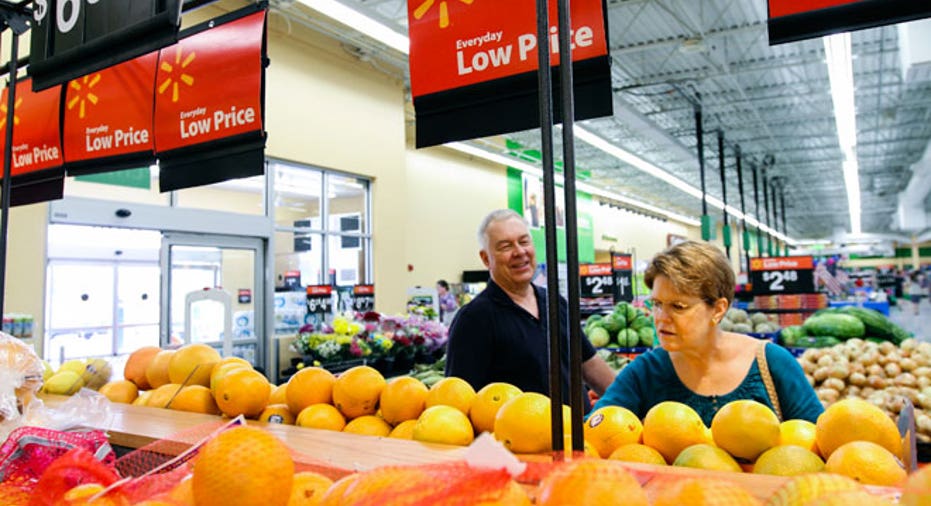Working Class Americans Rely Most Heavily on Food Stamps

The recession may have been officially over since September 2010, but Americans are still feeling the pain. So much so that working-age people are, for the first time, the majority of those who rely on Supplemental Nutrition Assistance Program (SNAP) in the U.S.
A new analysis of government data by the Associated Press and economists at the University of Kentucky shows that participation in the food stamps program is growing fastest among workers with some college training. The food stamps program currently covers one in seven Americans, the analysis finds, and costs $80 billion—doubling in size in five years.
Congress has been debating cuts to the SNAP program by the tune of $4 billion annually.
The study is released just one day ahead of President Obama’s State of the Union Address in which he is expected to speak to issues of income inequality and support for a hike in the federal minimum wage which sits at $7.25 and has not been raised since 2007.
Ron Haskins, is a former White House and congressional advisor on welfare issues, says the shift of who is relying on federal benefits is likely the new status quo.
“There are a lot of people today who receive food stamps and work, especially single moms,” says Haskins, the co-director of Brookings’ Center on Children and Families and Budging for National Priorities Project says. “Since adaptations were made to the welfare program, especially in the 2002 farm bill, it is easier to get these benefits while you work. It’s a work support system.”
Instead of completely transitioning off welfare, Haskins says today those who qualify for food stamps benefits are receiving a “wage subsidy” of sorts. Reform to the food stamps program, which today is an $80 billion initiative, has been ongoing since the 1980s, he says, and is no longer a “disincentive to leave” the welfare program.
Single moms in particular are relying on this safety net, he says, and even if the economy were to make a full comeback, it would be unlikely to see this trend reverse.
“I hope it’s the new norm,” he says. “Jobs don’t pay enough, a lot of these people are really unskilled, and we will have a lot of single moms raising kids because the non-marital birthrate is so high. We need to figure out a way to support these kids and families, and food stamps are an important part of this.”



















